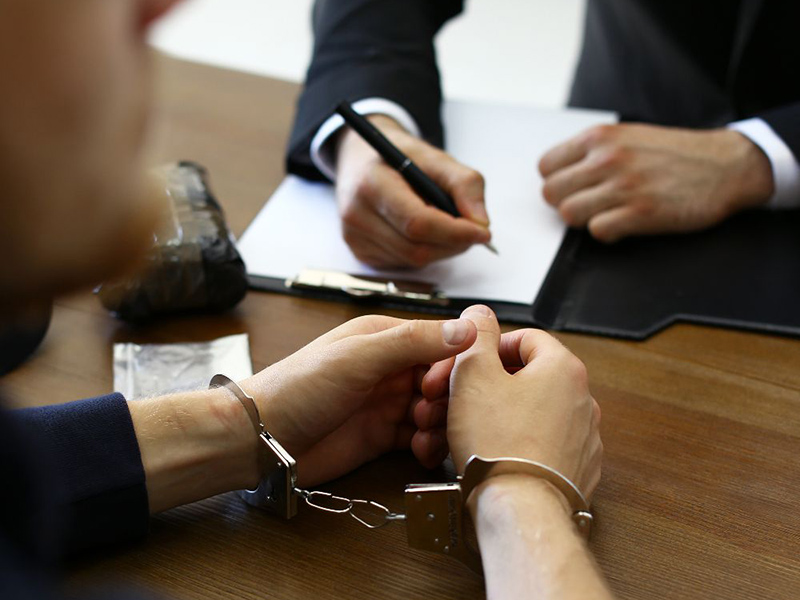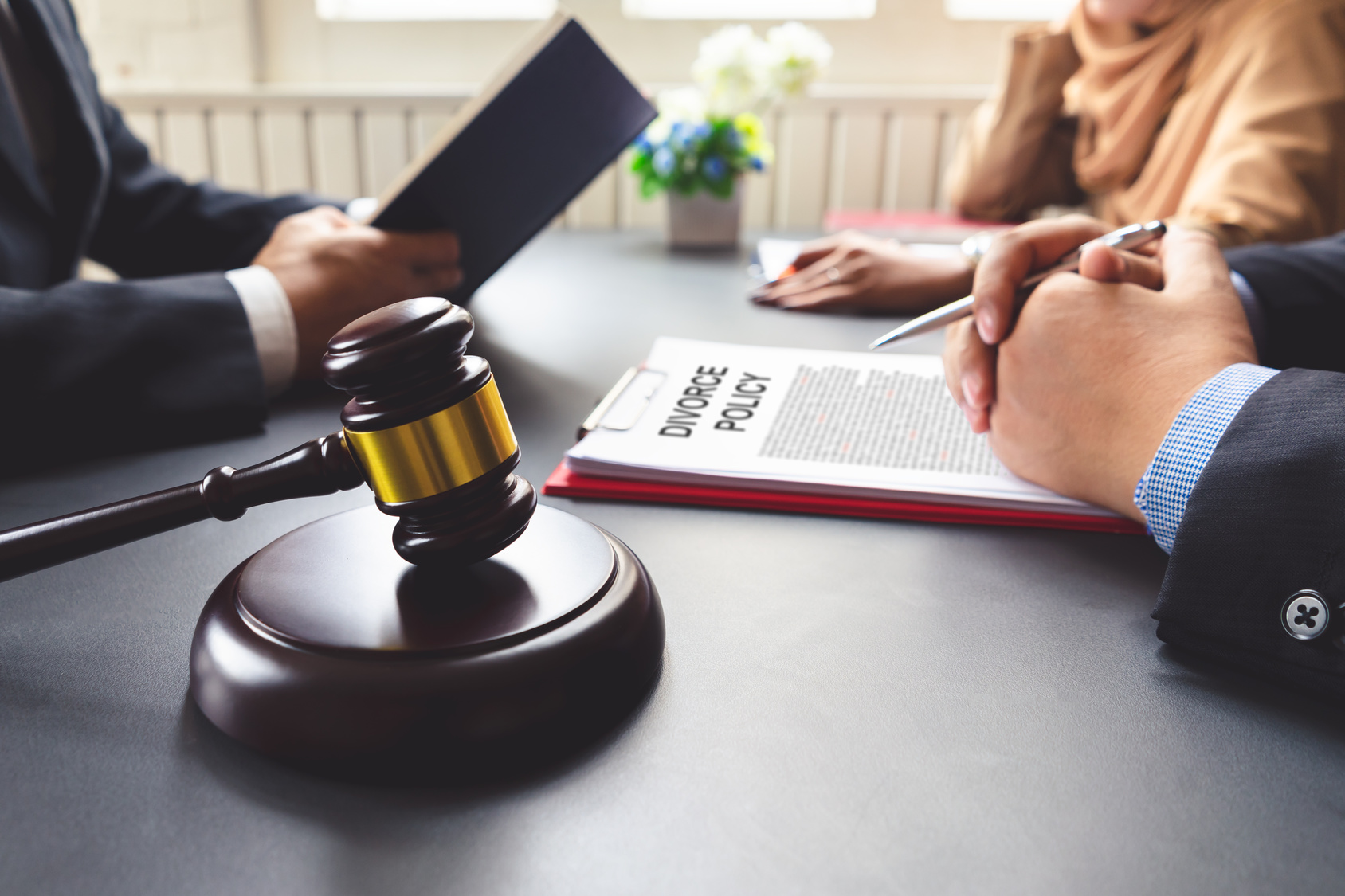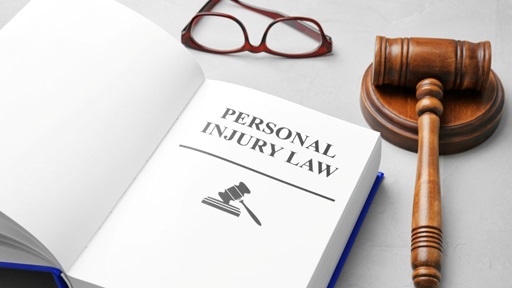Importance of a robust defence- Insights from seasoned lawyers

Facing criminal charges triggers fear and uncertainty about the future. The stakes feel bewilderingly high. While no one expects this predicament, knowing what to expect from the legal process and why mounting a vigorous defence matters brings confidence when you need it most. Top criminal defence lawyers share insights on navigating this challenge smoothly.
Mastering case details
Seasoned lawyers immerse themselves in case particulars – forensics, police documents, eyewitness accounts, etc. The meticulous review identifies factual inconsistencies questioning the guilt assumption. They determine reasonable explanations aligning with innocence claims. Perhaps incriminating partial evidence lacks proper context? Does contradictory information exist allowing alternate suspect theories? Understanding case weaknesses allows for building strong rebuttal arguments.
Checking process integrity
While dramatic courtroom antics happen on TV, real Toronto criminal defence lawyers focuses on proper procedures and constitutional rights. Did detaining officers possess valid probable cause for arrests? Did interrogation tactics violate rights? Is the charging statute application valid? Any technical errors made during evidence gathering, convictions sealing for priors wrongly considered here, or false testimony negate the assumption of fair due process. Skilled lawyers leverage points demonstrating flawed handling undermining the credibility of charges rather than raw emotion.
Humanizing the accused
The State possesses vast resources to prosecute cases impersonally, but seasoned defence lawyers balance this by showcasing accused individuals’ humanity. Highlighting positive traits, community ties, and family impacts personalizes stakes. Jurors relate connecting names and life stories to charges. Compassion emerges whenever you consider significant penalties drastically changing someone’s future. Wise counselors tap this empathy challenging snap judgment.
Attacking incriminating evidence
Even seemingly solid incriminating evidence has flaws when scrutinized adeptly. Poor crime scene practices introduce contamination issues. Eyewitness recollections shift markedly. Planted substances traceable to third parties raise credibility questions. Skilled cross-examination exposes fuzzy memories and inference stretching by prosecution witnesses too just poking little holes in resource elements plants reasonable doubt effectively.
Recognizing true victimization
Though some charges have identifiable injured parties, like assaults or financial frauds, many so-called “victimless” crimes exist too where harm proves harder to demonstrate drug possession, for instance. Experienced lawyers argue such nuances espousing lighter sentencing even when technically deemed guilty trading strict rule of law for common sense justice given the situation. Punishment should fit the circumstances.
Proposing alternatives to incarceration
Counsel may negotiate plea bargains if charges seem indefensible, but wise lawyers also suggest reasonable sentencing options – probationary monitoring, restitution payments, mandated therapies – accounting for individuals’ level of danger to society and the likelihood of rehabilitation. Progress over punishment matters more with particular low-risk profiles. Even district attorneys avoid wasting resources prosecuting cases yielding minimal public benefit ultimately. Wise counsel maneuvers justice wisely. Check with trusted legal professionals within criminal law circles rather than random internet searches when needing defence representation. Ask about caseload levels to confirm lawyers possess the bandwidth to address case details thoroughly. Such intimate professional relationships require mutual trust and responsiveness.











